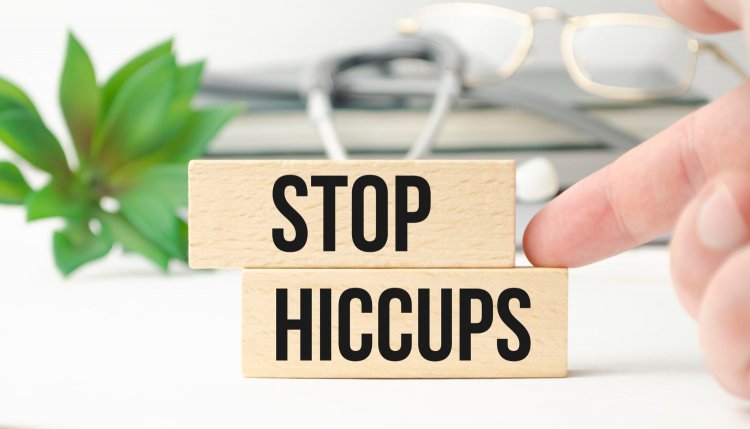Understanding Hiccups Hiccups are a common physiological phenomenon characterized by spasmodic contractions of the diaphragm, a crucial muscle involved in respiration. Despite their frequent occurrence, hiccups can occasionally persist for prolonged periods, raising concerns about associated health issues. This article aims to explore the multifaceted nature of hiccups, shedding light on their potential triggers, diagnostic methods, and therapeutic interventions, both conventional and alternative.
Mechanisms of Hiccups The diaphragm, a dome-shaped muscle separating the chest and abdominal cavities, plays a pivotal role in the breathing process. Hiccups result from sudden and involuntary contractions of this muscle, leading to the abrupt closure of the vocal cords and the characteristic "hic" sound. While the precise mechanisms underlying hiccups remain incompletely understood, the hiccup reflex involves complex neural pathways, including sensory input, central processing, and motor output.
Potential Causes of Hiccups Hiccups can be triggered by a variety of factors, ranging from physiological to psychological and environmental. Common triggers include sudden excitement, emotional stress, overeating, rapid ingestion of food or beverages, alcohol consumption, temperature fluctuations, certain medications, metabolic disorders, nerve damage, and lifestyle habits such as smoking. In some cases, underlying medical conditions such as gastroesophageal reflux disease (GERD), nerve injuries, or central nervous system disorders may contribute to persistent or recurrent hiccups.
Diagnostic Approaches When evaluating individuals with hiccups, healthcare providers typically conduct a comprehensive assessment, including a detailed medical history and physical examination. While transient hiccups may not necessitate extensive diagnostic testing, persistent or recurrent hiccups warrant further evaluation to identify potential underlying causes. Diagnostic modalities may include blood tests to assess metabolic function, imaging studies such as chest X-rays or computed tomography (CT) scans, esophageal pH monitoring, upper gastrointestinal endoscopy, and neurological assessments.
Treatment Strategies Management of hiccups varies depending on their duration and underlying etiology. For transient hiccups, simple interventions such as drinking water, stimulating the vagus nerve through various maneuvers, or performing respiratory exercises may suffice. However, persistent or chronic hiccups may require more aggressive therapeutic approaches. Pharmacological interventions, including muscle relaxants, antiemetics, or central nervous system agents, may be prescribed to alleviate symptoms and address underlying causes. In refractory cases, surgical procedures such as phrenic nerve block or implantation of vagus nerve stimulation devices may be considered. Additionally, natural remedies such as diaphragmatic breathing exercises, acupuncture, or herbal supplements may offer adjunctive relief for some individuals.
Conclusion Hiccups, although often benign and self-limiting, can pose challenges when they persist or recur frequently. By elucidating the diverse array of potential triggers, diagnostic methods, and treatment options for hiccups, healthcare providers can effectively manage this common yet occasionally troublesome condition. Further research is warranted to enhance our understanding of hiccups and develop targeted interventions to improve patient outcomes.
#Hiccup #Singultus #DiaphragmContraction #Health #MedicalCondition #Treatment #DiagnosticApproaches #Neurology #RespiratoryHealth #NaturalRemedies #HealthcareManagement
Disclaimer:
The information provided in this article is for educational purposes only and should not be considered medical advice. If you have any health concerns or are experiencing symptoms, it is important to consult with a healthcare professional, such as a doctor or clinic, for proper diagnosis and treatment. Always seek the advice of your doctor or other qualified health provider with any questions you may have regarding a medical condition. Do not disregard professional medical advice or delay in seeking it because of something you have read in this article.






















